Linda Burney: Voice our next historic and proud chapter
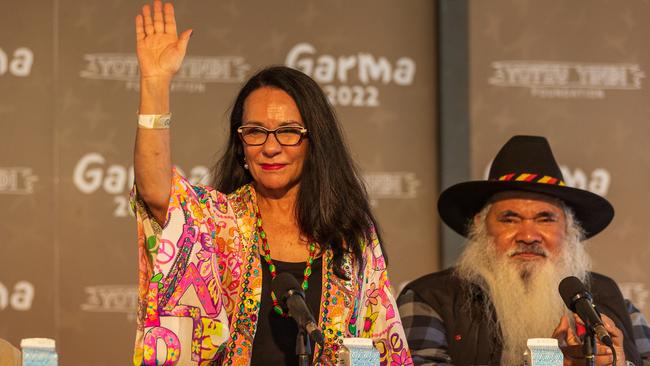
I was 10 years old, in a little town called Whitton in southwestern NSW, when Australians voted in the 1967 referendum, so for the first decade of my life I wasn’t counted as part of the Australian population.
I was raised by my great aunt and uncle. They were of Scottish heritage and were in their 60s when I was born.
Taking on an Aboriginal child in the small country town would not have been easy for them, but this incredibly generous act of love and courage laid the foundations for who I am today.
The 1967 referendum was a critical turning point for our country – for the relationship between Indigenous people and the wider community. It was a moment when Australians united.
Australians are right to be proud of what we have achieved since then, when more than 90 per cent of the population voted yes.
But change has been too slow. Decades of government policies haven’t worked. We’ve made barely any progress on reducing the gaping divide in life expectancy between Indigenous and non-Indigenous people. We are dying nearly a decade earlier than other Australians.
It’s time to do things differently and finally shift the dial.
Later this year all Australians will have the opportunity to have their say at a referendum on a voice to parliament – a referendum that is fundamentally about improving the lives of Aboriginal and Torres Strait Islander Australians and finally recognising our rightful place in Australia’s Constitution.
Like the 1967 referendum, everyone will have the opportunity to be part of this historic moment.
A voice for Aboriginal and Torres Strait Islander peoples is the best chance we have to create the much-needed structural change that will create a better future – a better future that will improve the lives of Indigenous Australians – by making more effective policies in areas like health, education and housing.
There is much work that still needs to be done before the referendum, and we are not complacent about the scale of the challenge that lies ahead.
We have the right processes in place to ensure we are getting the best possible advice on the way forward.
The Referendum Working Group and Engagement Group includes the likes of Professor Megan Davis, Pat Anderson, former Indigenous affairs minister Ken Wyatt, Professor Marcia Langton, Noel Pearson, Pat Turner and Professor Tom Calma – people who have made incredible contributions to the decade-long journey to constitutional recognition.
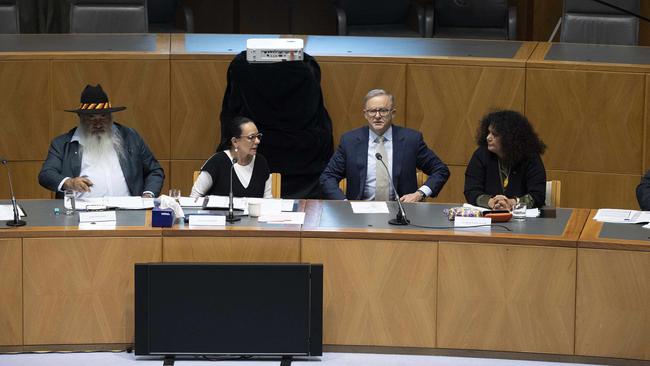
The Referendum Working Group has agreed to a set of principles for the voice. They state that the voice will be a representative body that provides independent advice to parliament and government.
It will be chosen by First Nations people, be gender-balanced and include young people.
It will be accountable and transparent.
The voice will not administer funding. It will not deliver programs. It will not have a veto power.
Recent calls for a voice to be legislated instead of constitutionally enshrined ignore the wishes of the more than 1200 First Nations leaders who took part in nationwide consultations that led to the Uluru Statement from the Heart.
They also ignore the mandate the government has from the Australian people.
The Prime Minister went to the last federal election with a clear commitment to implement the Uluru Statement from the Heart, including holding a referendum on the voice to parliament. He declared his commitment to implement the Uluru Statement at almost every speech and rally during the election campaign.
Australians voted for change.
It begs the question: If the opposition is so set on a legislated voice – why didn’t it do this during its nine years of government?
We now know the former minister for Indigenous affairs, Ken Wyatt, took a report on the voice to cabinet twice during the Morrison government.
Was it ever genuinely considered?
Enshrining a voice in the Constitution will make sure it’s protected and cannot be abolished at the whim of government.
Updating our Constitution finally to recognise Aboriginal and Torres Strait Islander Australians in our nation’s birth certificate will be a moment of great pride.
The voice is an idea whose time has come. By building consensus, and working together, we can take this truly historic step.
Australia’s collective story has always been a work in progress. With every generation there is a greater understanding and respect for Aboriginal and Torres Strait Islander Australians, our history and our culture.
Let’s write the next chapter in Australia’s history by voting yes for the voice in 2023.
Linda Burney is the federal Minister for Indigenous Australians and the member for Barton. She is Wiradjuri.

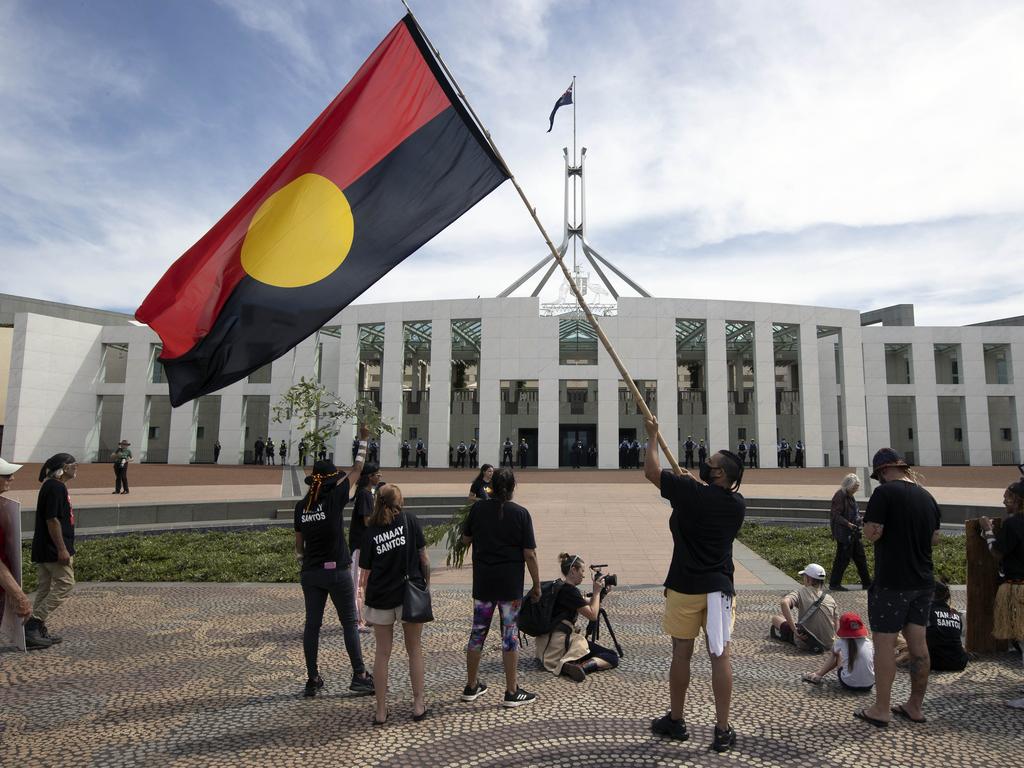
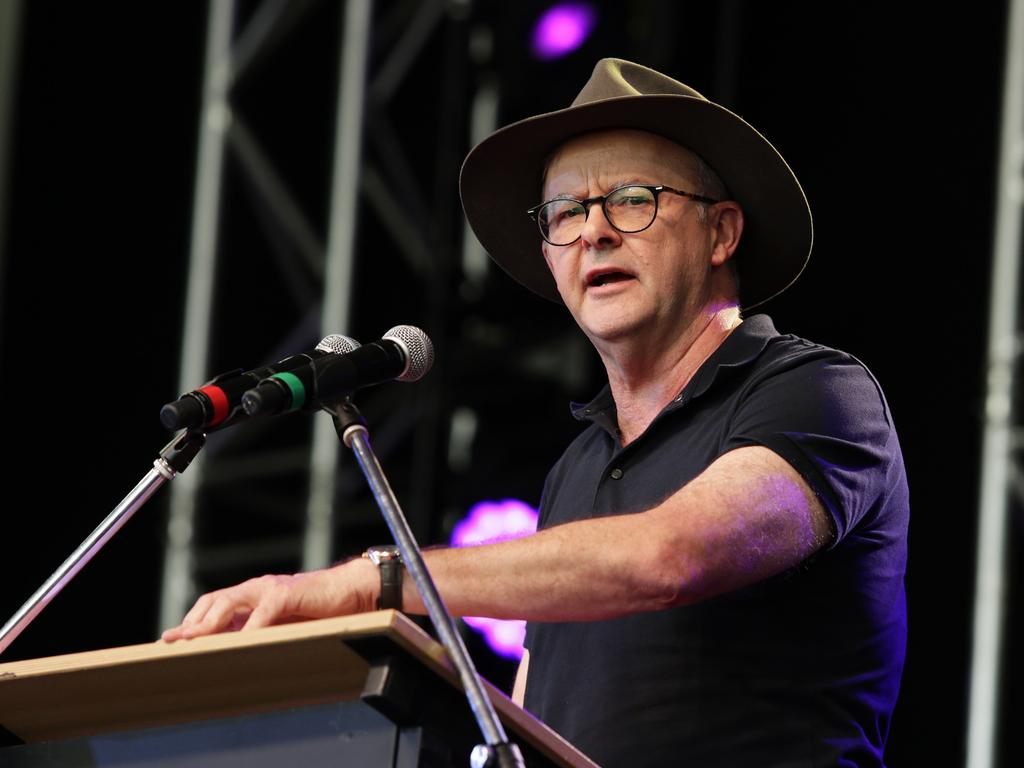
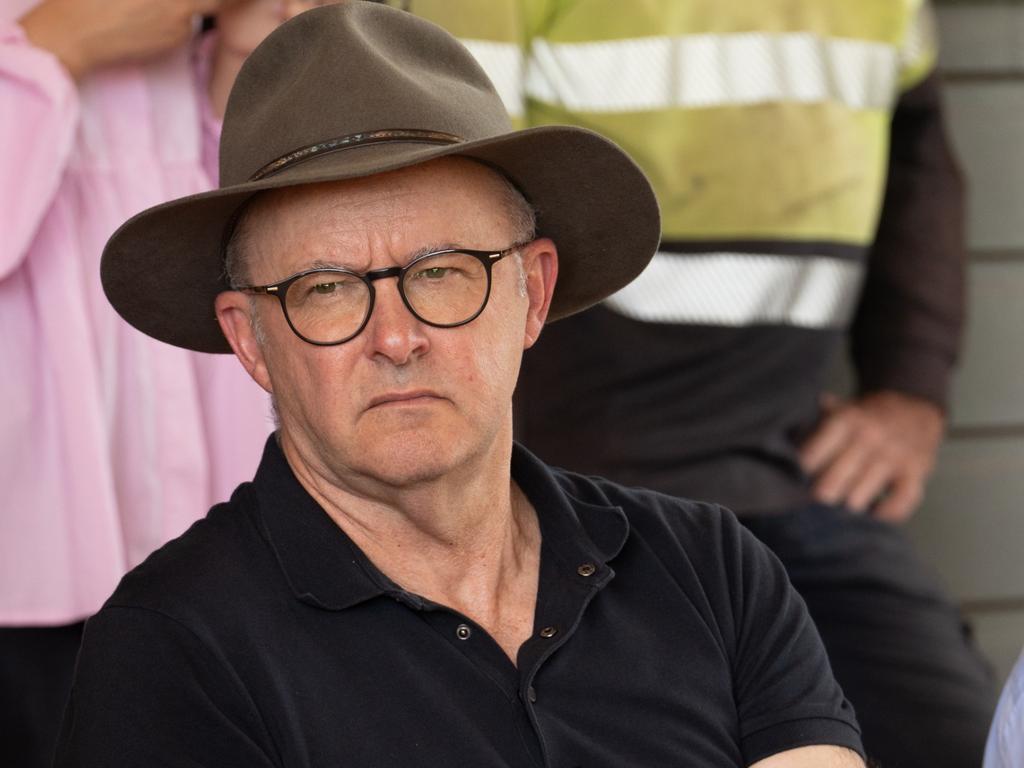
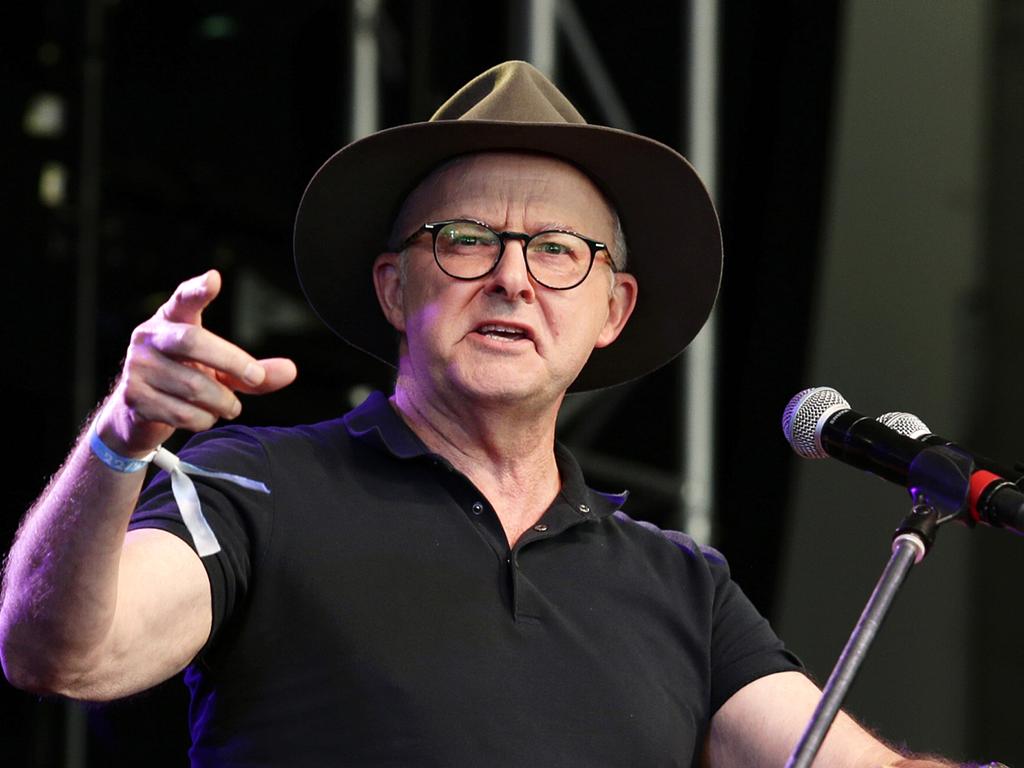


There are moments in history when people come together to stand for something important, and a massive wave of goodwill builds that moves us all forward.